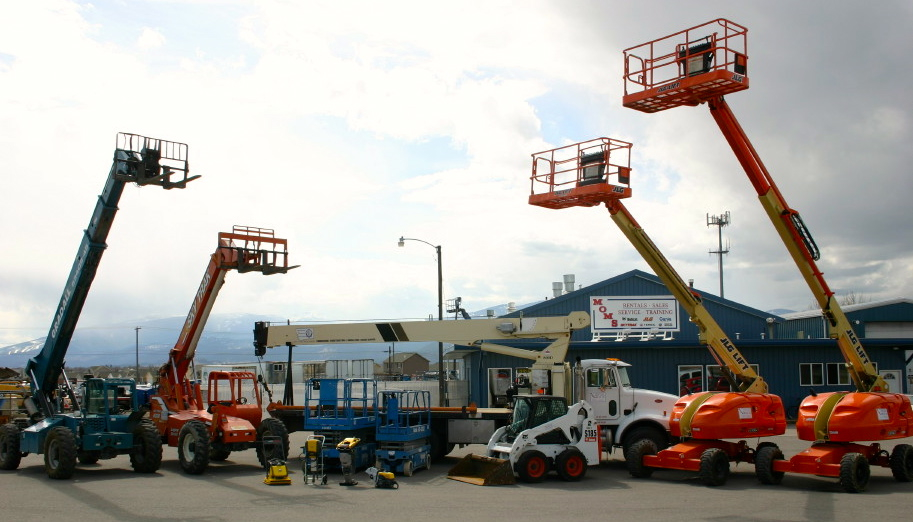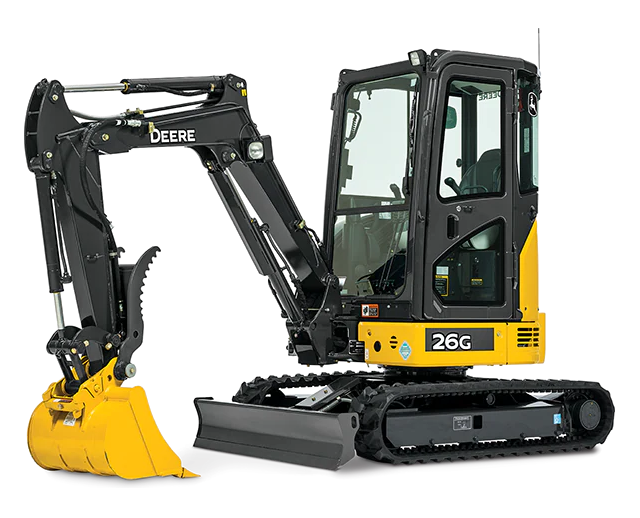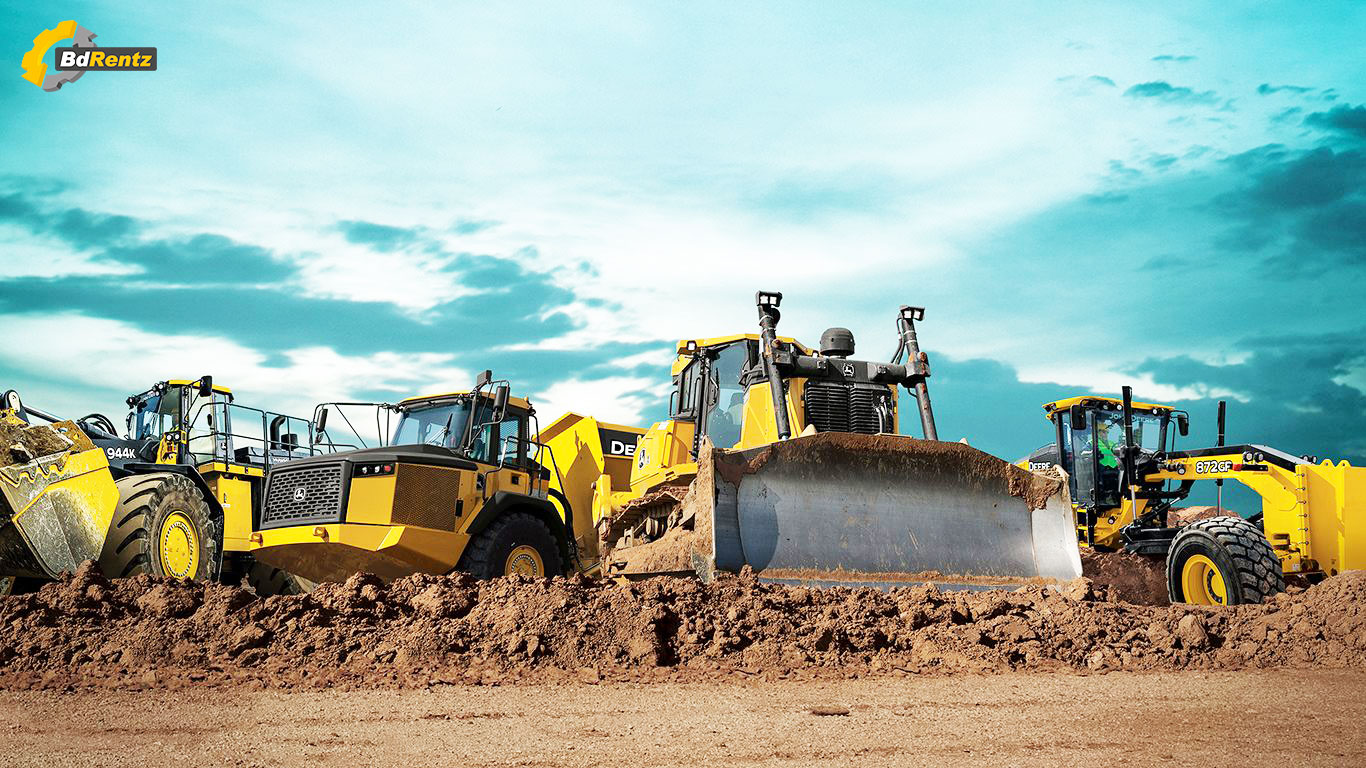Rental Company Near Me: Local Solutions for Equipment Rentals
Rental Company Near Me: Local Solutions for Equipment Rentals
Blog Article
Optimize Your Spending Plan by Understanding the Costs Connected With Building And Construction Devices Services
Understanding the full scope of prices connected with building and construction equipment leasings is crucial for maximizing your budget. While the preliminary rental cost might seem simple, various additional expenses-- such as transportation, fuel surcharges, and maintenance-- can rapidly gather, influencing your monetary preparation. Being mindful of different costs and the details of rental arrangements can help prevent unforeseen financial burdens. What strategies can be employed to effectively manage these expenses and make certain a much more effective rental experience?
Review of Rental Prices
When thinking about building and construction devices leasings, understanding the connected costs is paramount for efficient budgeting and project planning. Rental expenses can vary significantly based on several aspects, including equipment type, duration of leasing, and place. The initial rental cost often shows the devices's market need and its associated operational capacities, influencing the overall cost.
In enhancement to the base rental rate, supplementary prices might develop, such as transport charges, fuel surcharges, and upkeep costs. It is important to account for these added expenses to accurately examine the overall price of leasing devices. In addition, the rental period can impact rates; longer rentals might qualify for affordable prices, while temporary leasings may incur higher day-to-day charges.

Malfunction of Rental Rates
A thorough understanding of rental prices is crucial for professionals and task managers aiming to maximize their budget plans. Rental rates for building equipment normally include numerous elements, including base rates, time-based costs, and usage charges.
Base prices are the core costs related to the rental of the equipment, often identified by the kind and dimension of the equipment. These prices can differ dramatically, affected by factors such as tools demand, availability, and regional market fads. Time-based costs, which might be daily, weekly, or monthly, serve to fit different job timelines and rental periods.
Furthermore, rental prices may consist of usage charges, which are applicable when tools is utilized past a defined threshold, making certain that the rental business can make up wear and tear. Seasonal demand changes can also influence rental prices, with peak building seasons commonly commanding higher prices.
In addition, comprehending the rental business's plans concerning maintenance and insurance can give additional insight right into the overall cost framework. By evaluating these elements, service providers can make educated choices, ensuring the option of rental equipment aligns with both task demands and budget restraints.
Additional Costs to Think About
Recognizing the complexities of extra costs is crucial for contractors to handle their total rental expenses successfully. Beyond the common rental rates, various additional costs can significantly influence the complete expense of devices leasing. These costs usually consist of shipment and pickup costs, which can vary based on distance and logistics entailed in transferring the equipment to and from the job site.
Furthermore, some rental business may impose gas additional charges if the tools is returned with less gas than when leased. It is likewise important to recognize prospective cleansing costs, particularly for specialized devices that calls for comprehensive upkeep after use.

Thoroughly examining the rental contract and clarifying these extra fees upfront can aid service providers avoid unexpected prices and guarantee that budgets remain intact throughout the project lifecycle.
Repair And Maintenance Expenses
Regular repair and maintenance costs are commonly ignored elements that can substantially influence the general expense of construction devices services. When leasing tools, it is vital to take into consideration not only the rental fees yet additionally the potential expenses associated with maintaining the equipment in optimum operating problem.
Many rental business include standard maintenance as part of the rental arrangement; nevertheless, a lot more unforeseen failures or substantial repair services can bring about extra costs. It's vital to evaluate the rental agreement very carefully to recognize what maintenance services are covered and what duties drop on the occupant.
In addition, devices that is not well-maintained can result in inadequacies on the job site, possibly triggering hold-ups and boosting project costs. To alleviate these dangers, it is advisable to carry out regular inspections and keep open interaction with the rental supplier concerning any type of concerns that arise throughout use.
Insurance Coverage and Obligation Expenses
Insurance policy and responsibility costs are essential components that can substantially influence the total expenditure of building and construction devices leasings (dozer rental). These costs guarantee that both the rental company and the customer are shielded from potential financial losses developing from crashes, damages, or theft throughout the rental period

Furthermore, customers should be mindful of any deductibles or exclusions in the insurance coverage policy, as these can affect potential out-of-pocket expenses. Comprehending the terms and problems of any kind of insurance policy protection is crucial to stay clear of unforeseen prices. Eventually, budgeting for insurance and obligation expenditures can assist ensure a smoother rental experience and protect against monetary risks connected with construction tasks.
Conclusion
In conclusion, a comprehensive understanding of the prices linked with building and construction devices leasings is important for effective budget monitoring. Eventually, notified decision-making concerning tools services contributes to the overall success of building and construction ventures.
Rental remote control construction equipment expenses can differ dramatically based on a number of variables, consisting of equipment kind, duration of rental, and area (construction equipment rentals). The rental duration can affect pricing; longer leasings may certify for reduced rates, while temporary rentals may incur greater daily costs
By conducting thorough research study and involving with trustworthy rental business, service providers can successfully navigate the complexities of my site rental rates, eventually optimizing their financial sources.
Past the conventional rental prices, different auxiliary fees can dramatically impact the complete cost of devices service. Rental companies typically provide obligation insurance policy that covers injuries to third events or damage to property, while tools damage insurance policy can cover the price of fixings or substitute if the leased equipment is harmed.
Report this page